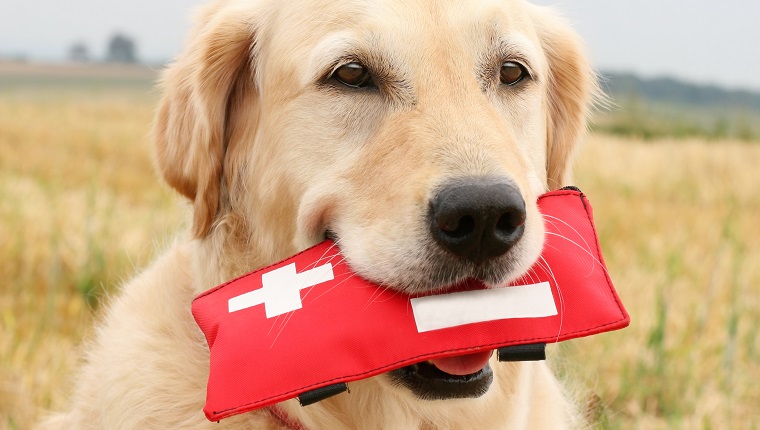
Winter has already set on the Northern Hemisphere. It’s the time of the year when we love to cuddle inside the blanket, drink hot chocolate milk, and rewatch old Holiday movies.
Dogs being dogs, they love to jump around, nibble on things, and sniff around suspicious things. One of the favorite activities of any dog in winter is to go out and examine the changing environment. It’s common for dogs to sniff through the leaves and bushes, walk on the cold concrete and asphalt, and chew on whatever they could find.
As a pet owner, you must be aware of the potential hazards of winter to your dog. Walking outside without any protection can easily cause kennel cough and in some cases Hypothermia. A suspicious dog can lick antifreeze chemical spilled on the floor which can prove hazardous to their health.
Here is the list of potential winter illnesses that you should be careful about.
5 Common Winter Illness in Dogs
Here are the five most common winter illnesses experienced by pets.
Hypothermia
Hypothermia is triggered when a dog spends too much time in a cold surrounding. It's easy for the body temperature to drop drastically when they're spending most of their time outside the house without any winter gear. Dogs with diabetes and heart ailments are subject to hypothermia in cold conditions. Some of the common signs of hypothermia include
- Shivering
- Weakness
- Lethargy
- Restlessness
- Depression
Frostbite
Frostbite is more common among dogs that walk outside without any paw protector or dog booties. The prolonged exposure to cold can easily damage soft tissues on the feet. The severity of frostbite may range from minor to severe and it depends on your pet's size, age, fur thickness. Fur and skin soaked from can easily trigger frostbite in pets.
You should limit outdoor activity in winter. Get them to paw protectors for both indoor and outdoor. When going outside, you should put dog boots on them to prevent any chances of frostbite.
Pale, hard skin, blisters on the skin, and skin darkening are a few of the signs of frostbite.
Kennel cough

The chances of encountering kennel cough are higher during winter because the kennel cough causing virus Canine adenovirus Type 2 (CAV-2) is present in the mushy kennel, smokes coming out of the chimney, and damp places.
Canine adenovirus type 2 (CAV-2) is related to the hepatitis virus. It leads to recessive or mild respiratory tract infections and may cause infectious laryngotracheitis along with the infectious tracheobronchitis, also known as kennel cough.
A goose-like, honking cough is the primary sign of kennel cough. You can treat minor kennel cough at home with a humidifier or steam treatment. If the cough persists for over two weeks, consider visiting your pet.
Flu and pneumonia

Canine influenza or Dog Flu is more common in elderly dogs and young pups. It's caused by varieties of influenza viruses including the equine influenza virus (H3N8). Pneumonia, on the other hand, is caused by canine adenovirus type 2 (CAV-2). Both flu and pneumonia are airborne diseases. In many cases, dogs that spend most of their time in the rain or snow can catch flu or pneumonia.
The symptoms include
- Dry or moist cough
- Runny nose
- Sneezing
- Blood coughs
- Fever
- Runny yes
- Ear infection
Arthritis
Arthritis is a medical condition that causes the swelling and tenderness of one or more joints inside a body. There are varying factors that can cause arthritis. Along with old age, cold weather is the common cause of arthritis. A dog is prone to Osteoarthritis, septic arthritis, and polyarthritis which can worsen with each passing winter.
Did you know, one in four of 77.2 million dogs in the US are diagnosed with some form of arthritis?
Avoid taking your own outside during winter, and ensure to keep them warm all the time. Dogs with severe arthritis can enjoy a massage to prevent joint inflammation. Be wary about their diet and keep them lean.
10 Ways to protect your dog in winter
Here are ten best ways to protect your dog in winter.
Limit outdoor time in winter
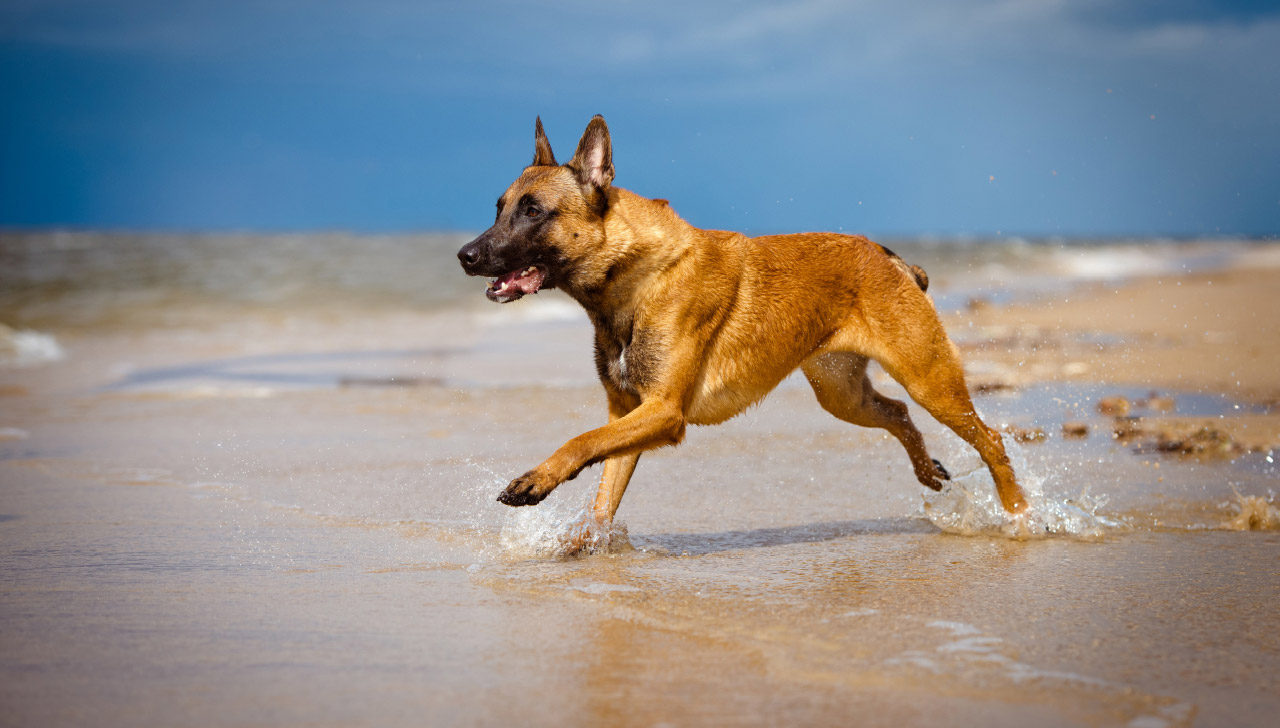
Dogs enjoy going out whether it's hot or cold. Especially during winter, you should strictly limit spending time outdoors. Even the furriest dog is prone to cold which can lead to hypothermia, frostbite, and flu. Take them out only for walks or exercises but do not leave them outdoors for a long period of time.
Ensure to cover them with proper winter protection such as dog hoodies and dog booties.
Go outside when the sun shines

Getting some sun during winter can be really healthy. You can walk your dog or let them play in the sun for a while. Both you and your pet can enjoy the essential Vitamin D that can ward off winter-related illness. However, you must limit spending time playing outdoors. Be extra careful about your dog wandering off into the bushes, wet floors, or cold asphalt road.
Cozy bedding

Let your dog enjoy their nap time by cuddling inside warm, cozy bedding. It's a bad idea to let them sleep on the floor or without any blankets during winter. The temperature can easily drop when they're exposed to the cold floor and air. A warm blanket and bedding can help keep them warm. It's more essential for senior dogs to enjoy warm bedding, heated beds, and cozy blanket as they are prone to joint-related illness during winter.
Moisturize
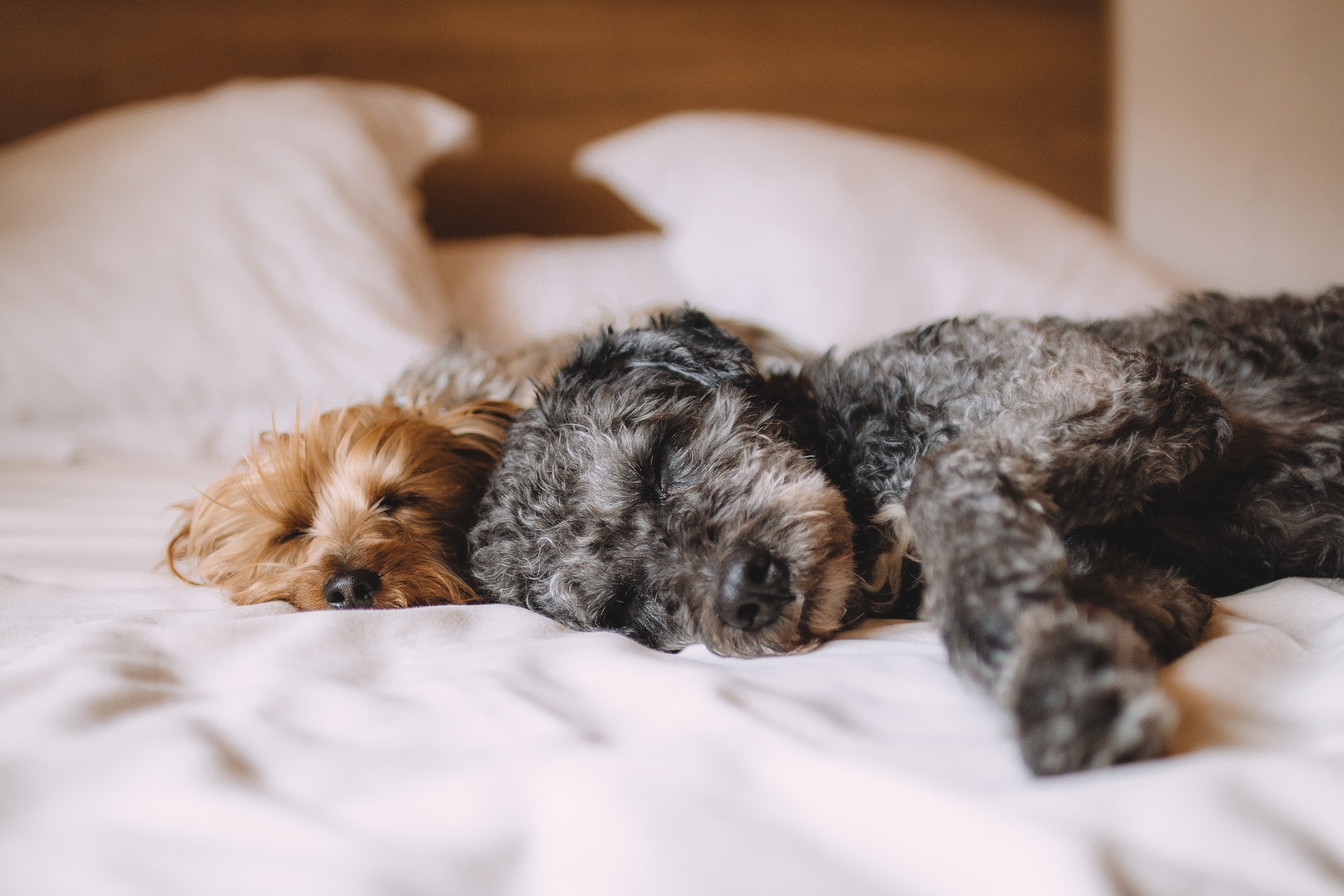
Ensure to keep your pet's skin moisturized and hydrated during winter. The cold air can easily dry their skin causing dried paws, ears, and tails. To ensure their skin remains healthy and moisturized, you can add skin and coat supplements to their food or apply coconut oil as needed.
No overfeeding

It’s really easy for dogs to gain weight during winter. The lack of exercise and overeating can easily make them obese. An obese dog is more likely to suffer from arthritis and winter-related illness. Although dogs may need an extra layer in winter, make sure they aren't overfed. Be attentive to their overall activity level and adjust their calorie intake.
Keep them hydrated
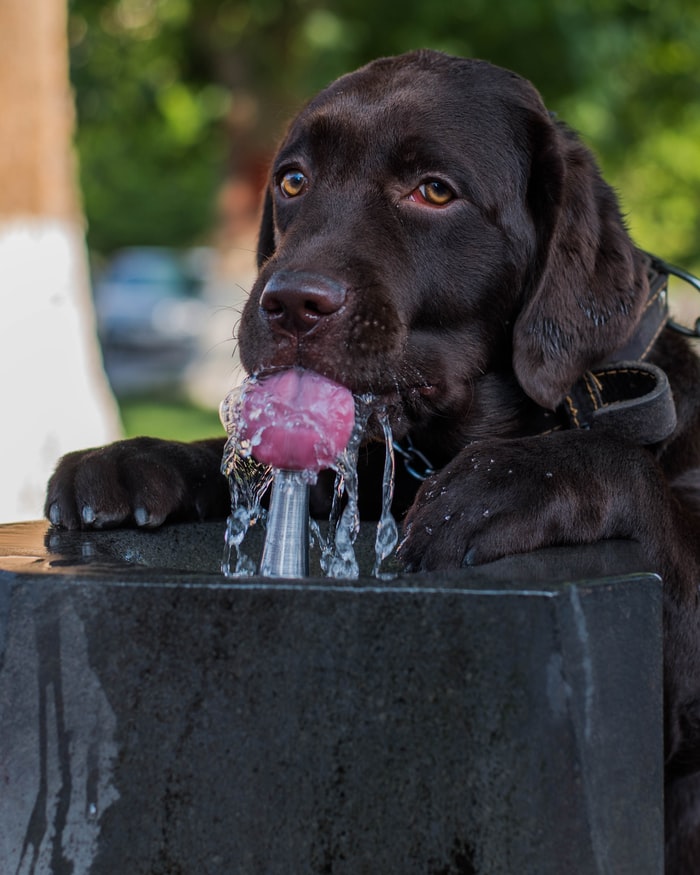
Dogs can dehydrate just as quickly in winter as in summer. Make sure to fill their bowl with fresh water a couple of times a day. Many dogs tend to chew on snow but it isn't an adequate substitute for freshwater. Ensure that the water bowl doesn't freeze and you keep refilling it every two or three hours.
Don't miss out on grooming

Grooming is equally important during winter because its thick coat can easily attract flea and tick. The more time they spend outdoors, the likely they are to attract bacteria. Give them an occasional warm bath, ensure to comb their fur and keep them untangled, and properly clean their ear, nose, and tail.
Paw protection

The dog's paws need special attention during winter. Dogs can easily suffer from cracked pads in winter. Make sure to trim the hair that grows between their pads to prevent ice buildup. rinse their paws with water to remove any winter salt or toxin after each time you go out. Use dog booties at all times.
Keep the surrounding toxin-free
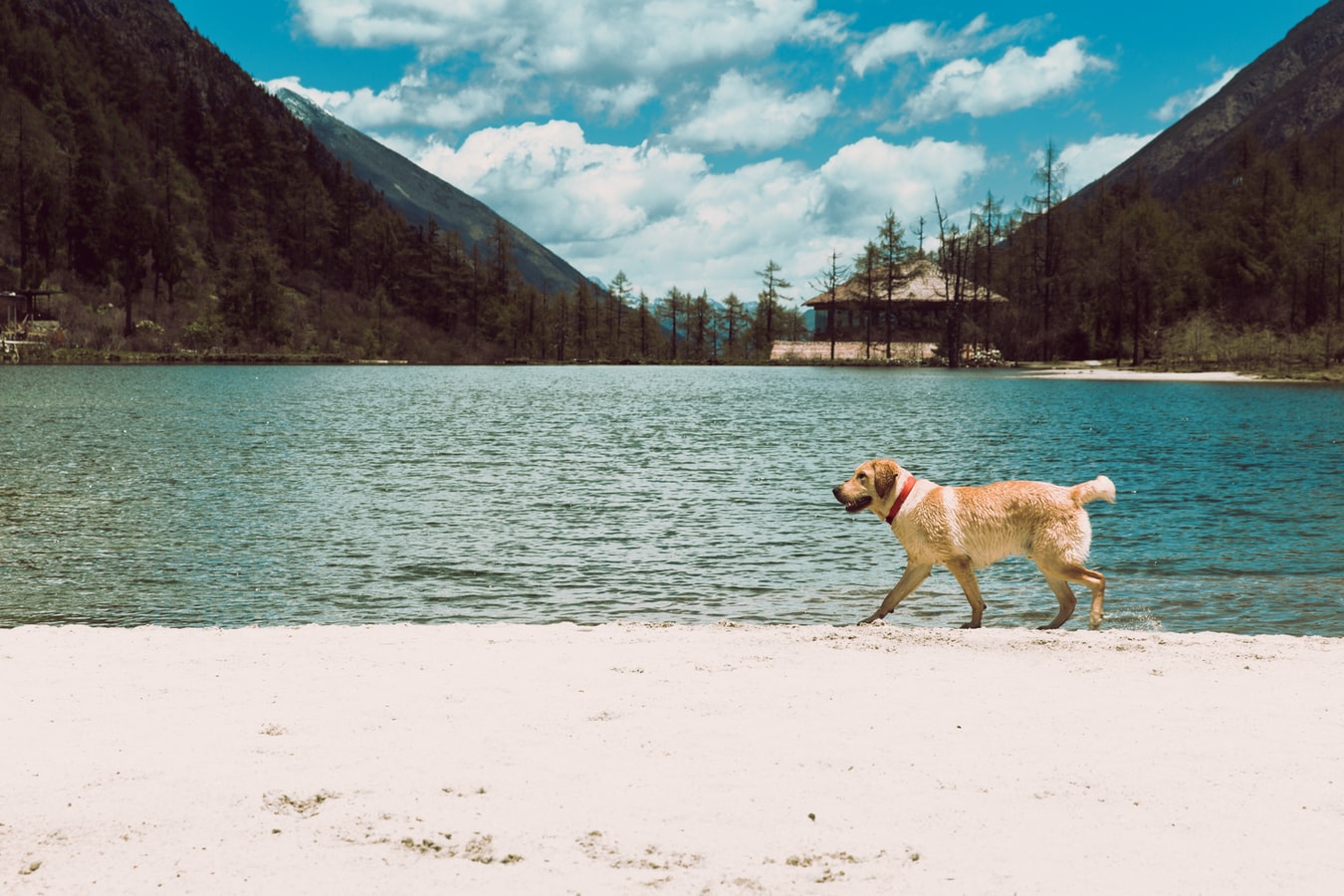
With winter comes antifreeze. Even if you don't use it, your neighbors could be using one. It's important that you don't let your dog into the garage, driveway, or wet floors. Keep them away from licking anything spilled on the floor. Consuming antifreeze can prove to be fatal to their health.
Take special care of senior dogs
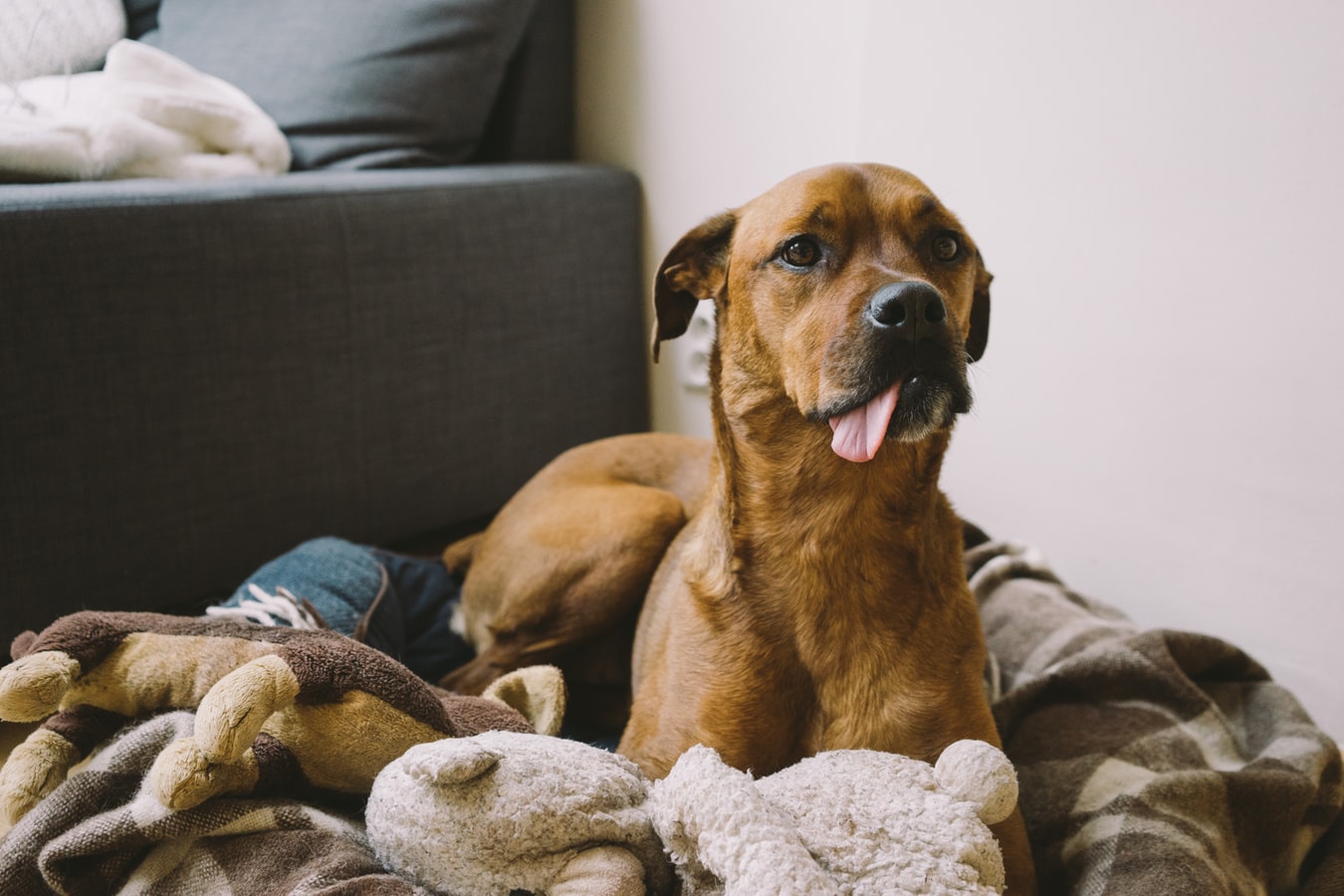
Senior dogs are more prone to winter-related illnesses such as arthritis, kennel cough, and flu, and pneumonia. You should be extra careful with them. Ensure to keep them warm at all times, make warm bedding for them, provide a natural joint supplement to lubricate their joints, and remove any kind of discomfort.
Here is the brief infographic details on how to prevent common Winter Illness in Dogs?
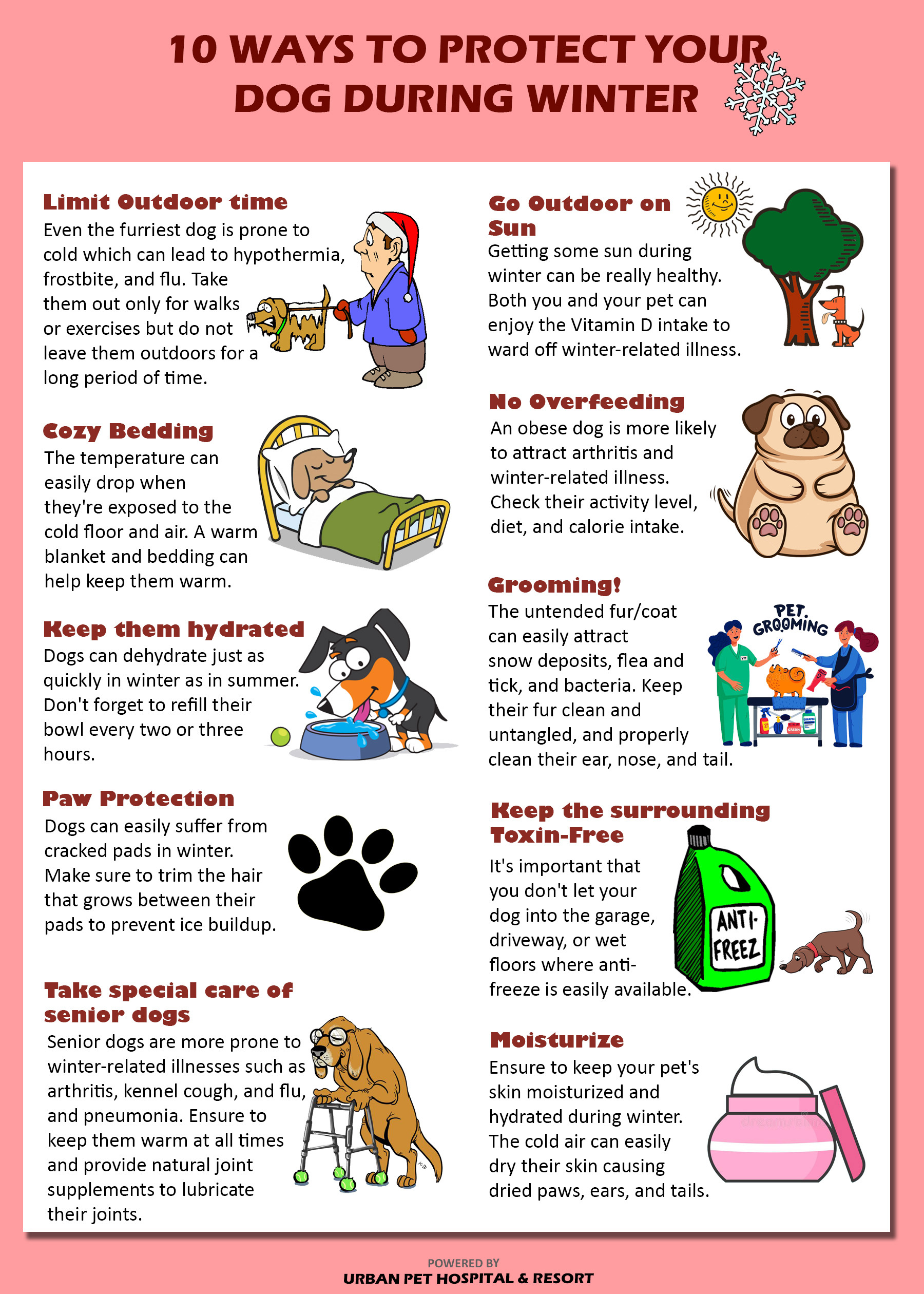
Urban Pet Hospital & Resort is the best pet hospital in Des Moines. Our certified veterinarians are always available to treat your pets. As the best doggy daycare in Urbandale, we provide pet boarding, daycare, grooming, and training services.